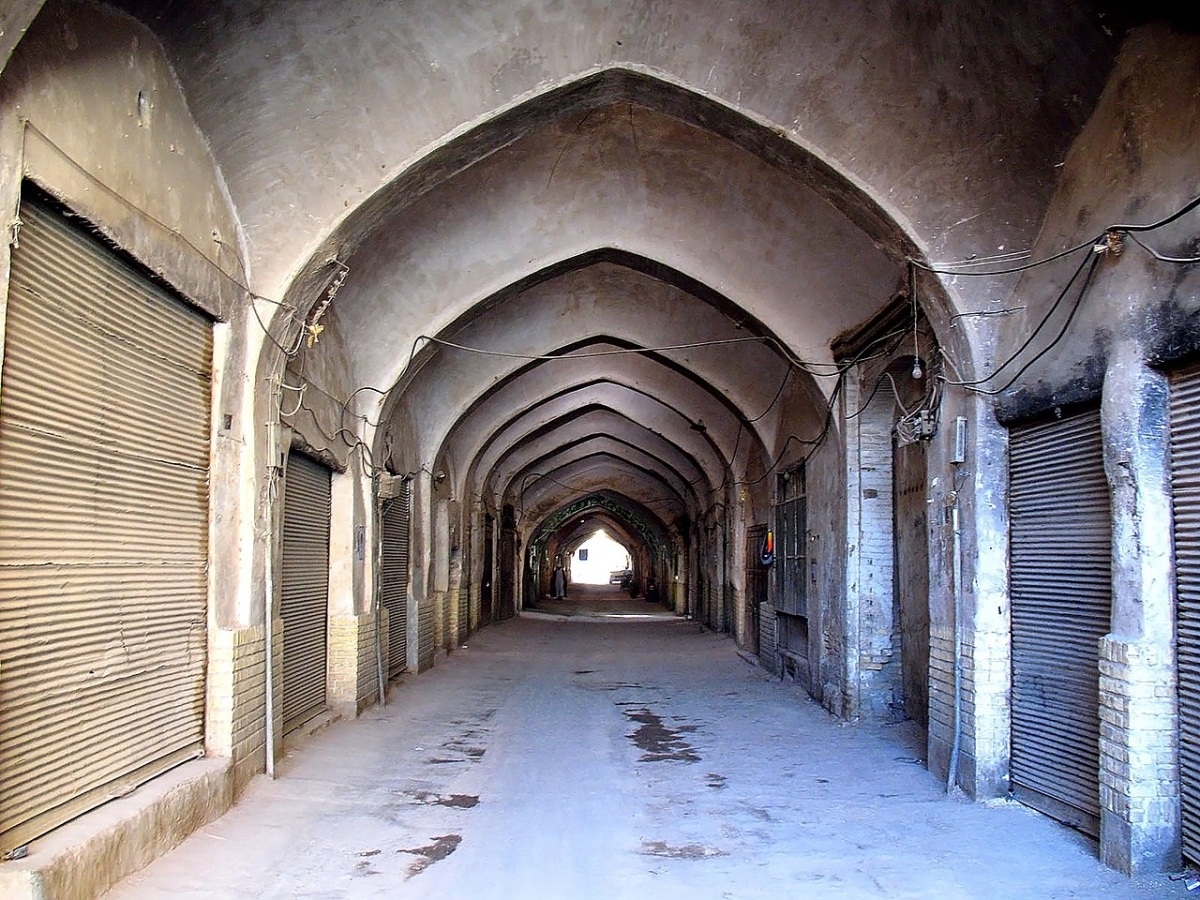Streik im Iran

Im Streik: Bazar in Teheran, Bildquelle: Wikimedia Commons
Aus Solidarität mit den Demonstrationen gegen das Regime und in Protest gegen die Repressionen hat im Iran ein dreitätiger Streik begonnen:
Iranian shops in Tehran’s historic Grand Bazaar and elsewhere across the country closed their doors Tuesday amid protests gripping the nation, as two prominent soccer stars also announced they would not be attending the upcoming World Cup over the demonstrations.
The shop closures came amid calls for a three-day national strike to mark earlier protests in 2019 against Iran’s theocracy that ended in a violent crackdown by authorities. However, this round of demonstrations after the September death of a 22-year-old woman earlier detained by the country’s morality police have continued despite activists recording at least 344 deaths and 15,820 arrests so far.
Derweil erklärte in einem zu den so genannten Reformern gehörigen Medium ein Autor, dass die schweigende Mehrheit der Iranerinnen und Iraner die Proteste unterstütze:
A reformist commentator in Iran says the country's silent majority supports the ongoing protests although a majority of the people do not take part actively.
At the same time, the conservative camp appears to be divided over the impact of the protests and the sustainability of changes that have already occurred in Iranian society because of more than two months of nationwide protests.
In a commentary in the reformist daily Etemad, leading reformist commentator Abbas Abdi wrote that although some simple-minded individuals still believe that the protests will come to an end soon, the situation warrants more careful analysis.
Abdi asserted that most of Iranians are not happy about existing conditions and support the protests as without their support the movement would not have started in the first place or would have already ended. He argued that the reason why the majority of Iranians do not actively take part in the protests is because they fear the consequences and do not see a promising prospect for the movement. He said the latter is a more important reason.